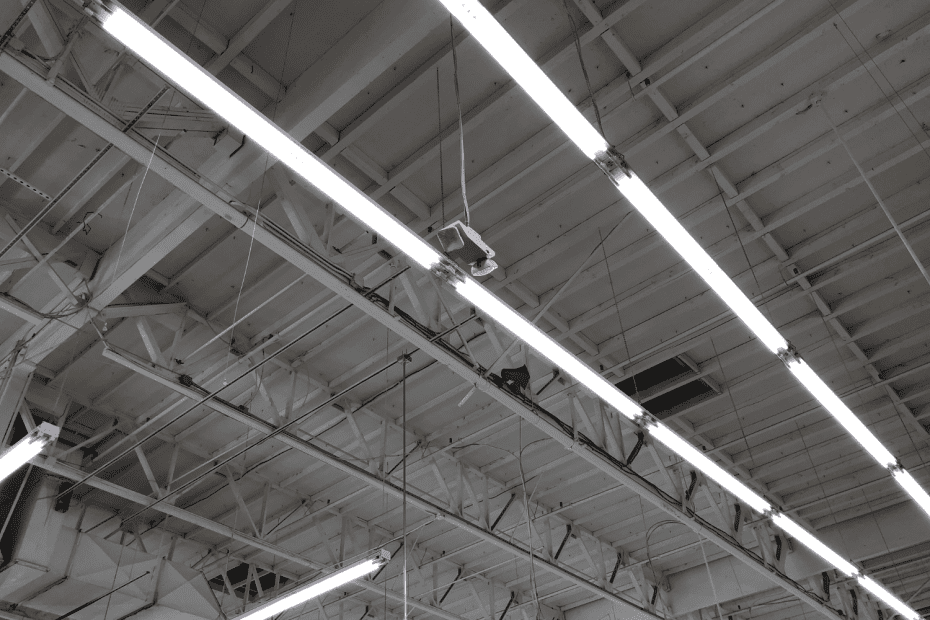In a groundbreaking move to combat climate change and increase energy efficiency, the UK government announced plans to ban halogen light bulbs from September 2021, with fluorescent light bulbs following in September 2023. This legislation is a significant step towards a more sustainable future, which will not only decrease emissions but also deliver savings for consumers on their energy bills.
Out with the Old, in with the LEDs
Presently, LED lights account for approximately two-thirds of all bulbs sold in the UK. Not only do they last five times longer than traditional halogen light bulbs, but they also use up to 80% less power while producing the same amount of light. By phasing out halogen bulbs, the government aims to make LED light bulbs account for 85% of all bulbs sold by 2030.
The transition away from halogen light bulbs began in 2018, with the phase-out of higher-energy halogen bulbs. However, the new legislation signifies a more robust effort in this direction. Starting from 1 September 2021, retailers can no longer sell the majority of halogen bulbs for general use in the UK.
In addition to halogen bulbs, the government plans to phase out the sale of high-energy fluorescent lightbulbs from September 2023. These decisions form part of a wider initiative of energy efficiency improvements to electrical appliances, which is projected to save consumers an average of £75 per year on energy bills.
New Energy Labels to Guide Consumers
To help people make the switch, the government is introducing new energy efficiency labels for all light bulbs. These ‘rescaled’ energy labels will simplify the way energy efficiency is displayed, using a new scale from A-G and removing the previous A+, A++ or A+++ ratings. This will make it easier for consumers to choose the most environmentally friendly bulbs.
Reducing Carbon Emissions and Waste
This shift towards more energy-efficient and longer-lasting LEDs will prevent 1.26 million tonnes of carbon from being emitted every year – the equivalent of taking over half a million cars off the UK’s roads. The ban on the sale of lighting fixtures with fixed bulbs that can’t be replaced from September will further reduce electrical waste by 100,000 tonnes annually.
How to Convert Fluorescent Tubes to LED: Making the Switch with Litelite
For many, the question is no longer if, but how to make the switch to LED.
At Litelite, we are a reputable UK lighting installer, well-equipped to assist in making the transition from fluorescent tubes to LED lighting. Our expertise spans across different sectors of the UK industry, making us an ideal partner for businesses, schools and organisations ready to step into a greener and more energy-efficient future.
A Bright Future Ahead
The phasing out of halogen and fluorescent bulbs symbolises the UK’s determination to tackle climate change and forge a sustainable future. As Energy Minister, Anne-Marie Trevelyan, highlights, “we’re phasing out old inefficient halogen bulbs for good…meaning less waste and a brighter and cleaner future for the UK.”
In embracing energy-efficient LED lighting, the UK is taking a significant step towards decarbonisation. This move illuminates the path to a future where every household and business can benefit from sustainable, cost-effective lighting solutions.
